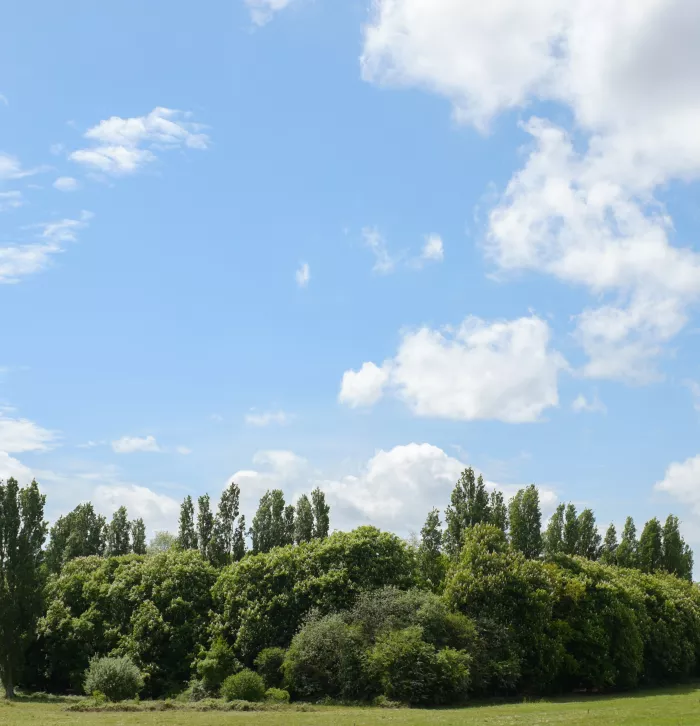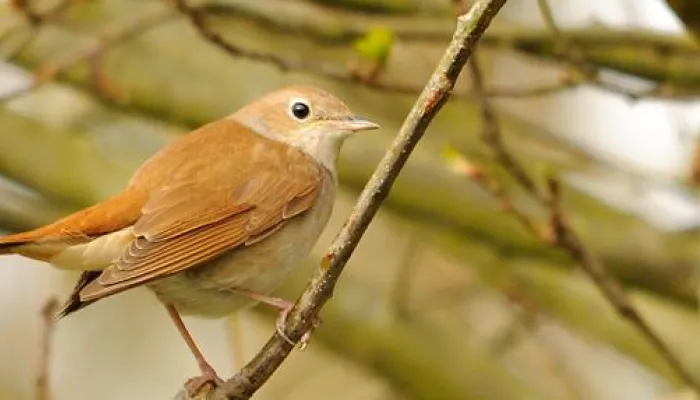We look forward, optimistically, to a positive future for the area and its wildlife, which is important for Kent and the country as a whole.John Bennett, Kent Wildlife Trust chief executive
John Bennett, Chief Executive of Kent Wildlife Trust, said: “After a huge amount of work over many years to protect Lodge Hill, alongside RSPB and other conservation partners, we welcome the common sense shown by the withdrawal of this damaging development application. We look forward, optimistically, to a positive future for the area and its wildlife, which is important for Kent and the country as a whole.”


